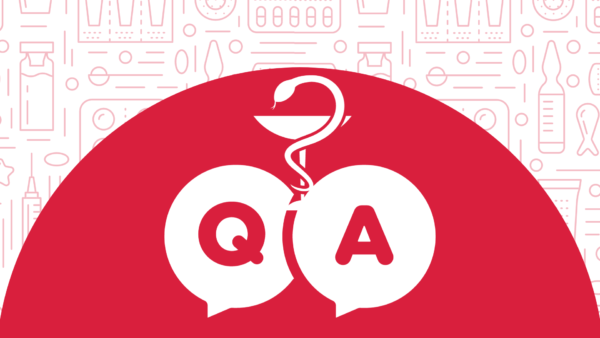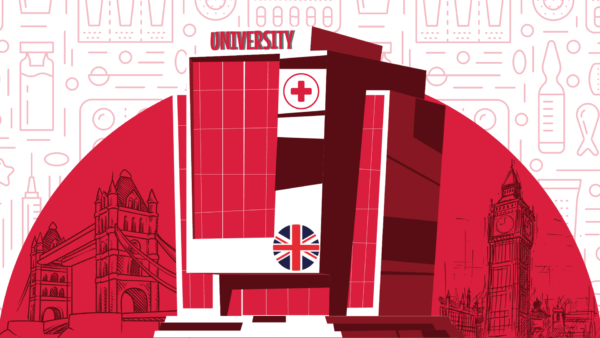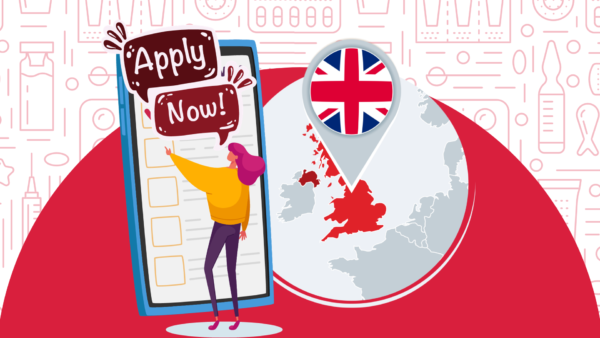
Can international students study pharmacy in UK?
Yes, international students can study BSc Pharmacy UK as well as master’s degree.
Which course is best for pharmacy in UK?
One of the most recognized pharmaceutical courses in UK is the Master of Pharmacy (MPharm) programme, which typically lasts for four years. This programme is designed to train and qualify individuals as pharmacists in the UK.
How much does it cost to study pharmacy in UK for international students?
The tuition fees for international students studying pharmacy in the UK can vary depending on the university and the specific program. On average, international students can expect to pay between £20,000 to £30,000 or more per year for pharmacy programmes in the UK. The exact cost will depend on the institution and the course chosen.
How much is the OSPAP fee UK?
The OSPAP UK fee can range from £15,000 to £30,000
Who is eligible for OSPAP course in the UK?
OSPAP course in UK is a recognized qualification intended for qualified pharmacists who are not from the European Economic Area (EEA) or who hold an EEA pharmacist qualification that is not considered ‘relevant’ (except for a UK-recognized pharmacist qualification). This programme is designed for those seeking to become registered pharmacists in the UK. To advance toward registration as a pharmacist in the UK, completing the OSPAP postgraduate diploma (PgDip) is a necessary step.
How do you take the Ospap exam?
Students can follow these steps:
- Apply to the GPhC (General Pharmaceutical Council) for OSPAP course eligibility.
- Pass the GPhC adjudication process, including assessment of qualifications and English language proficiency (e.g., IELTS score).
- Contact the GPhC directly if you encounter any issues during the adjudication process (the university cannot assist with this).
- Select your preferred institution for OSPAP study when applying to the GPhC (you can choose more than one).
- The GPhC will forward your application to your preferred institutions for further assessment.
- Once offered a place, provide a copy of your GPhC-approved adjudication letter and proof of English language proficiency.
- Prepare for a Disclosure and Barring Service (DBS) check, which can be completed if you’ve been living in the UK for more than three months. Alternatively, provide a letter of good standing from the police in your home country if you haven’t met the residency requirement.
- Contact the university if you have questions or need clarification on any of these requirements.
What is the Ospap course in the UK?
The Overseas Pharmacists’ Assessment Programme (OSPAP) is a postgraduate programme in the UK designed to help pharmacists who qualified outside of the European Economic Area (EEA) gain recognition and registration as pharmacists in England, Scotland, or Wales. It includes coursework and assessments to ensure candidates meet the required standards for pharmacy practice in the UK.
There are six institutions in England, Scotland, and Wales offering the OSPAP UK course, including Aston University, University of Brighton, University of Hertfordshire, Kingston University, and University of Sunderland.
Can I work as a pharmacist in the UK?
Yes, after completing the necessary pharmacy education, pre-registration training, and registration requirements, you can work as a pharmacist in the UK.
Can I work in India after studying pharmacy course in UK?
Yes, you can work in India after studying a pharmacy course in the UK. However, you may need to fulfil additional requirements, such as registering with the Pharmacy Council of India and meeting any specific licensing or registration criteria set by Indian authorities for practising pharmacy in the country.






















